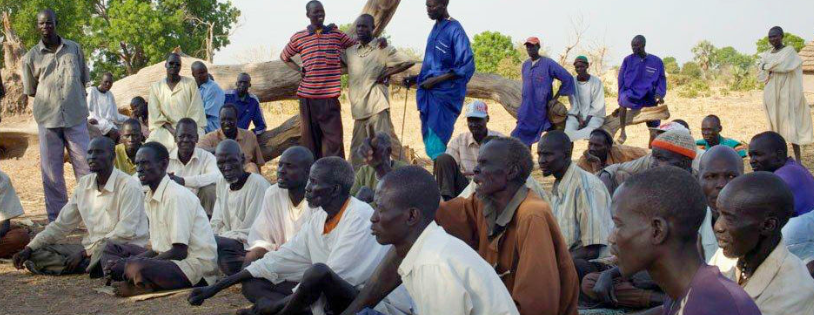The Local Government and Law Enforcement Agencies in Unity State last reviewed the Pangak Nuer Customary Laws to harmonize the conflicting clauses.
Senior state government officials, experts, and NGOs said they were alarmed by some contradicting customary laws that they said might jeopardize traditional court rulings.
Government officials, community leaders, and civil society groups admitted that conflicting customary laws have led to a vacuum in the dispensation of traditional justice. UNHCR has however been helping the traditional authorities revise and formulate the customary laws since December 2022.
Speaking to Radio Tamazuj on Friday after the conclusion of the round table discussions organized by the local government with support from UNHCR, the director general in the Unity State local government ministry, Sudan Chuong Mut, said that harmonizing Nuer customary laws will help traditional leaders when resolving problems.
The two-day round table discussions aimed to deliberate relevant laws and incorporate laws conforming to human rights standards.
The traditional leaders’ representative, Paramount Chief Sudan William Lieth, said the harmonization of Nuer customary law will improve traditional court rulings.
“The customary laws are being violated and some people do not respect the leaders of the traditional courts,” he said. “We welcome the round table discussion organized by local government and law enforcement agencies, and partners like UNHCR. This will help us in the operations of local courts and we need then revises laws to be taken to the counties as well.”
The Head of the UNHCR Field Office in Unity State, Hilda Ochuonyo, believes harmonization of the different Nuer customary laws will improve the protection of human rights and ensure the prevalence of peace and the rule of law.
The discussion has provided a platform for the participants to analyze, comprehend, correct mistakes or terminology, and add missing information to the draft articles.
The UNOCHA Head of Field Office, Peter Mumo, said the customary law review provides space for people to discuss issues affecting them. He echoed that for peace to exist, there should be effective laws to govern the communities.
“The Nuer customary law is quoted as a binding force on all persons, institutions, organs, and properties of society throughout the Nuer Nations, he said.
The amendment process focused, among other articles, on murder, premeditated killing, revenge killing, and marriage laws.




